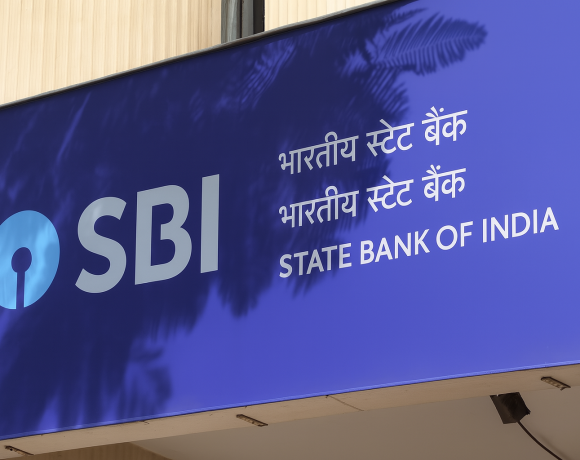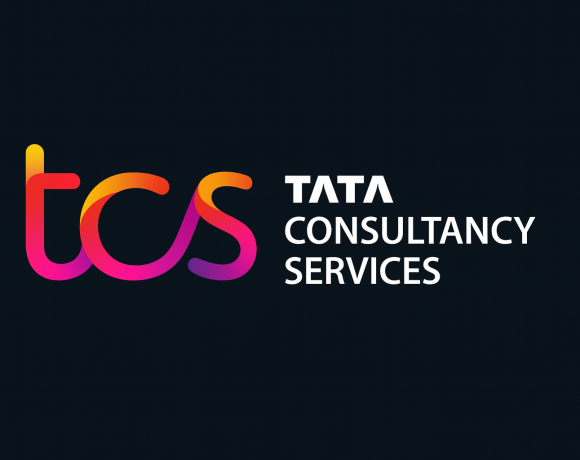
Rising Health Insurance Costs and GST Prompt Indians to Drop Coverage
A growing number of Indians are stepping away from the safety net of health insurance as rising premiums, steep Goods and Services Tax (GST), and inconsistent claim approvals make coverage increasingly unaffordable and unreliable. This shift signals a troubling trend in a country where healthcare expenses are on the rise, and insurance should ideally act as a vital financial buffer.
Many policyholders are facing yearly premium hikes that outpace income growth. For instance, a family floater plan that once cost ₹22,000 in 2016 has soared to ₹78,000 by 2025. These cost escalations are further compounded by the 18% GST levied on premiums, which adds a substantial burden to already strained household budgets. The tax alone can raise the cost of even a modest policy by several thousand rupees annually.
In addition to the financial pressure, policyholders have expressed growing frustration with claim settlements. Insurers often approve only partial amounts or reject claims outright over technicalities, leaving patients to bear heavy out-of-pocket expenses. This has led to a perception that despite regular premium payments, health insurance fails to provide real security during medical emergencies.
These issues have contributed to India’s persistently low insurance penetration. Despite government schemes like Ayushman Bharat, only around 51% of the population is covered by any form of health insurance. The middle class, which forms a significant chunk of private policyholders, is increasingly questioning the value proposition of continuing with costly and often unpredictable insurance plans.
Calls for reform are growing louder. Policyholders and health experts are urging the government to reduce the GST burden on insurance products and to implement stronger regulatory oversight to prevent exploitative pricing and opaque claim processing. Many argue that health insurance should not be treated as a luxury item subject to high taxation but rather as an essential service deserving support and affordability.
Unless addressed, the current trajectory could lead to a widening protection gap, leaving millions financially vulnerable in the face of rising healthcare costs. For a country aspiring toward universal health coverage, the exodus from private insurance raises urgent questions about both policy and industry practices.


















